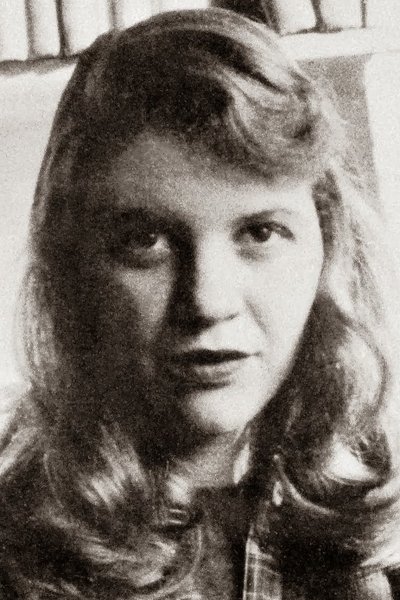
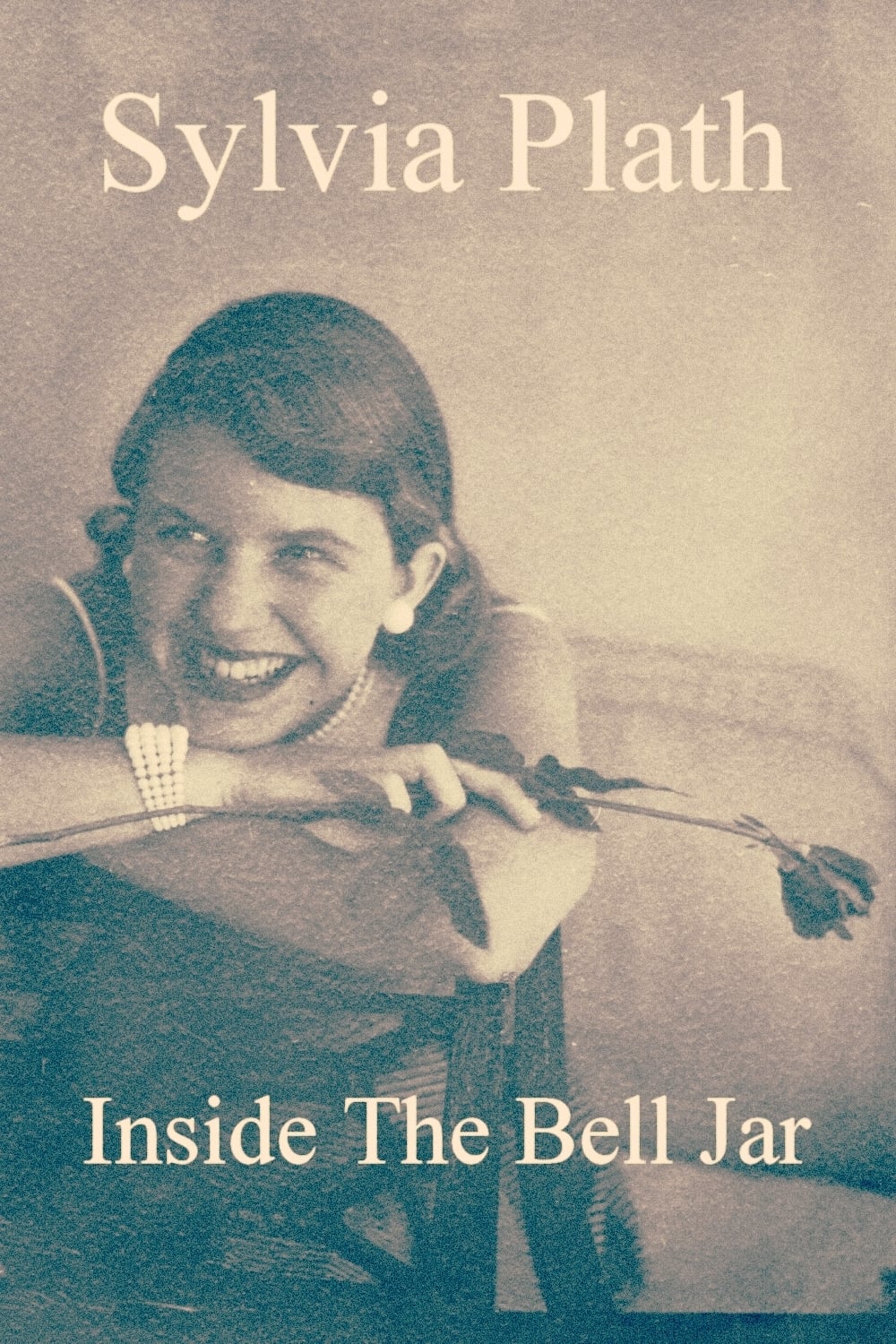
The story of the making of The Bell Jar, the unique, semi-autobiographical novel written by American writer Sylvia Plath (1932-63), published in February 1963, shortly before her death.
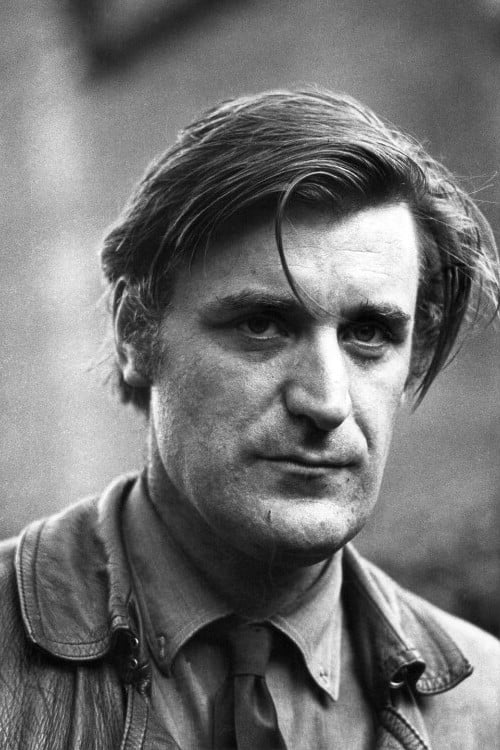
Documentary exploring Ted Hughes, one of the greatest poets of the 20th century, focusing on how his life story influenced his work and vision.

A journey into the BBC archives unearthing glorious performances and candid interviews from some of Britain's greatest poets.
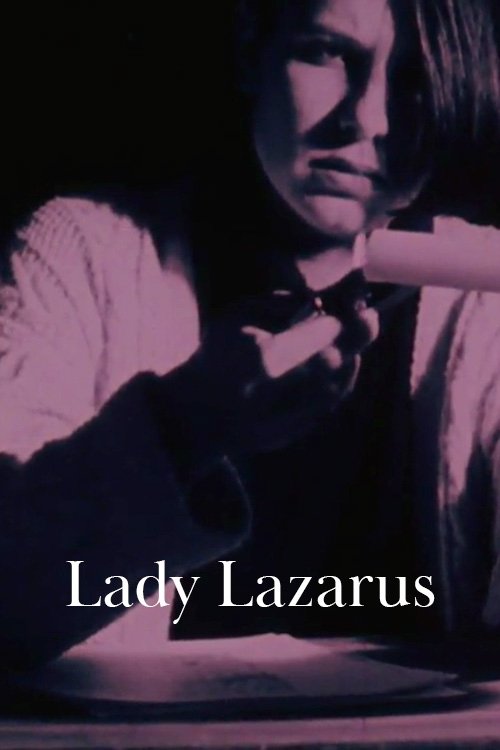
A cinematographic response to Sylvia Plath’s Lady Lazarus with Plath’s own readings of her poetry. A carousel of images in windows, an atmosphere of constant metamorphosis; her poetry as cinema. Audo outtakes of Plath reading from "Cut," "Daddy," "Lady Lazarus," "Ariel," "Ouija," as well as excerpts from a 1962 interview. Mixing images of Plath's obsessions (ouija boards, horses, violent self-harm) with photographs of the poet and her work, the film delves deeply into an existence that Plath herself, in a voice-over interview, calls "living on air."
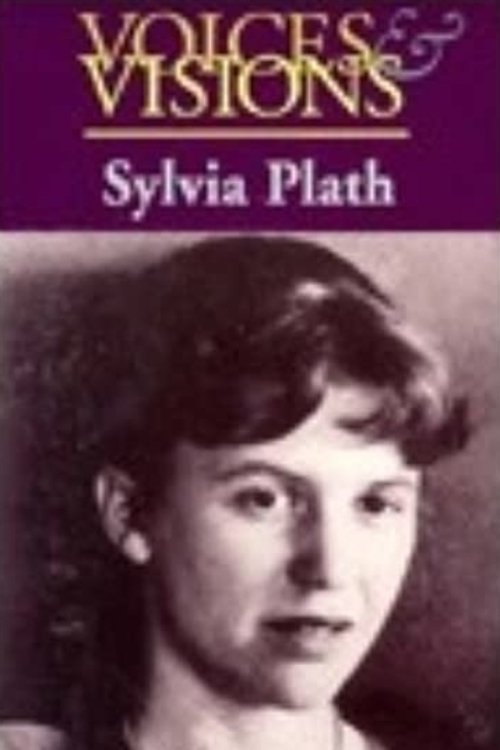
In this documentary you will follow in considerable (and sometimes excruciatingly painful) detail Plath's life from her childhood in Massachusetts to her suicide, at age 30, in London in 1963. Included are the candid recollections of her mother, Aurelia Plath, and such aquaintances as Clarissa Roche and Dido Merwin. Providing perspectives on Plath's work are A. Alvarez, a critic, and Sandra M. Gilbert, a feminist scholar and herself a poet.
Sylvia Plath was an American poet, novelist, and short-story writer. She is credited with advancing the genre of confessional poetry and is best known for two of her published collections, The Colossus and Other Poems and Ariel, as well as The Bell Jar, a semi-autobiographical novel published shortly before her death. In 1982, she won a posthumous Pulitzer Prize for The Collected Poems.
By browsing this website, you accept our cookies policy.